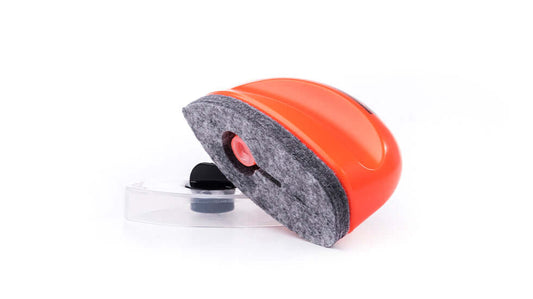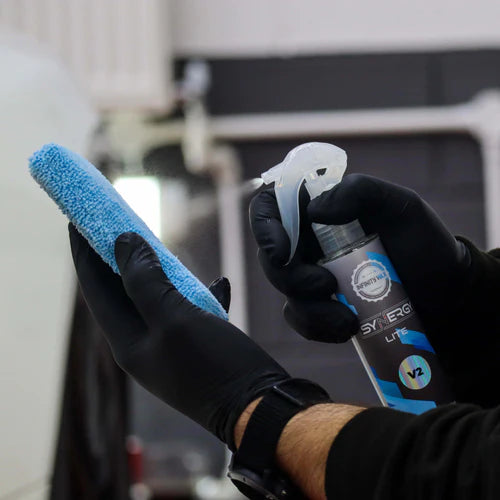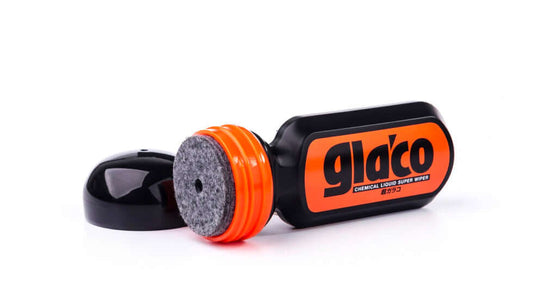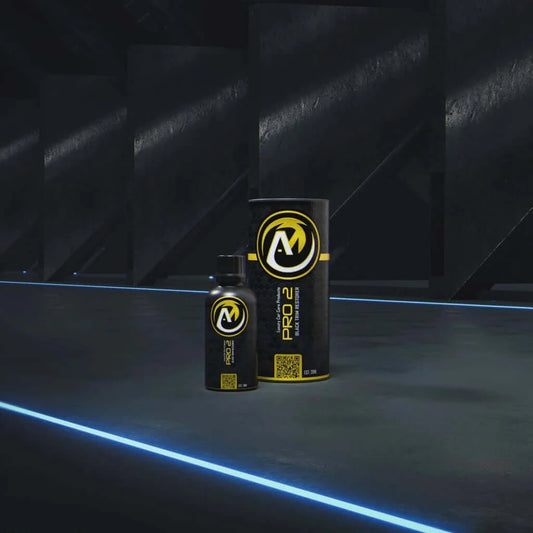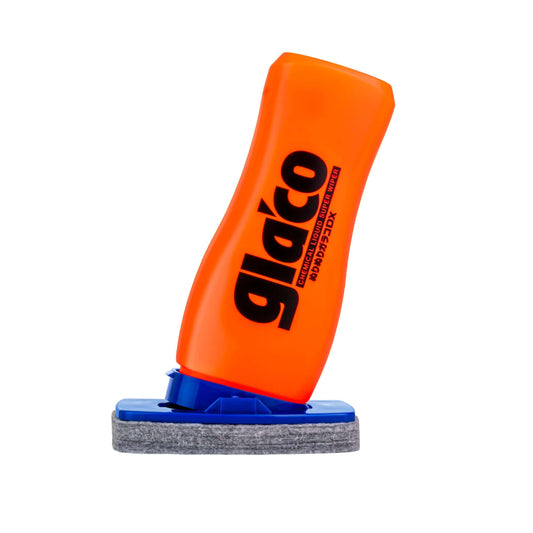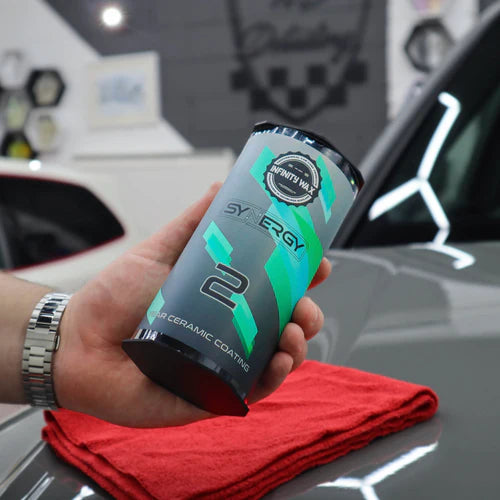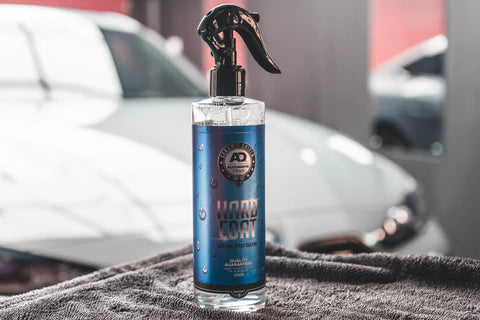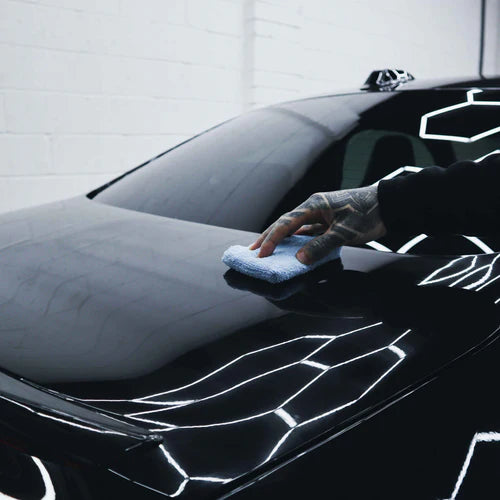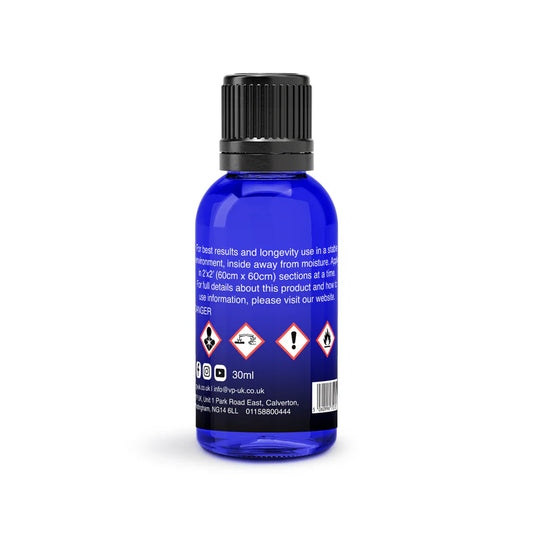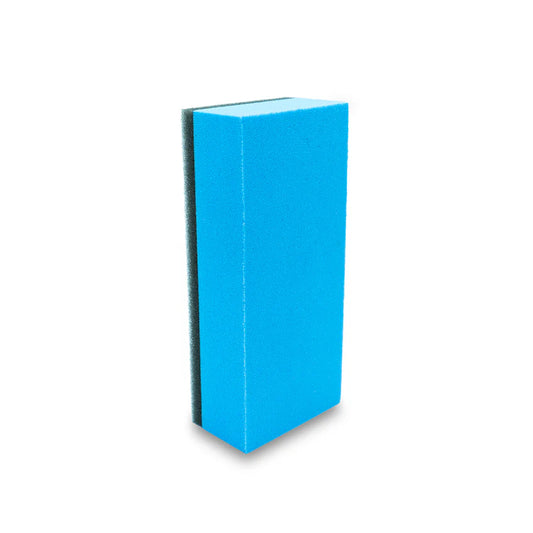-
Soft99 | Glaco Q Glass Preparation Agent & Invisible Wiper 75ml
Regular price £14.99 GBPRegular priceUnit price per -
Infinity Wax | Synergy Lite 1 Year Sprayable Ceramic Coating
Regular price £25.99 GBPRegular priceUnit price per -
VP | Ceramic-Eaze 1 Year Ceramic Coating
Regular price £12.50 GBPRegular priceUnit price per -
Angelwax | H2GO The Ultimate Rain Repellent
Regular price From £8.50 GBPRegular priceUnit price per -
Soft99 | Ultra Glaco Liquid Wiper 70ml
Regular price £18.99 GBPRegular priceUnit price per -
Alien Magic | Pro 2 Black Trim Restorer Kit 50ml
Regular price £14.95 GBPRegular priceUnit price per -
Angelwax | Dark Fader Ceramic Trim Coating
Regular price £42.00 GBPRegular priceUnit price per -
Soft99 | Protection Time Dark Set
Regular price £40.95 GBPRegular priceUnit price per -
Soft99 | Glaco DX Liquid Wiper 110ml
Regular price £17.99 GBPRegular priceUnit price per -
Infinity wax | Synergy 2 Year Ceramic Coating
Regular price £44.95 GBPRegular priceUnit price per -
Autobrite Direct | Hard Coat Sprayable Ceramic Coating 250ml
Regular price £24.99 GBPRegular priceUnit price per -
Autobead | 1 Year Alloy Coating
Regular price £24.95 GBPRegular priceUnit price per -
Autobead | 2 Year Glass Coating 30ml
Regular price £29.95 GBPRegular priceUnit price per -
Infinity Wax | Synergy Vitality 250ml
Regular price £19.99 GBPRegular priceUnit price per -
VP | 0-SI-O Ultimate 3 Year Ceramic Coating
Regular price £30.00 GBPRegular priceUnit price per -
VP | Profesional Ceramic Coating Applicator Puck
Regular price £2.00 GBPRegular priceUnit price per
Car paint coatings, often referred to as ceramic coatings or nano coatings, are advanced and long-lasting protective products designed to provide a durable shield for a vehicle's paintwork. These coatings form a chemically bonded layer on the surface of the paint that offers exceptional protection against various environmental contaminants, UV rays, oxidation, and minor scratches. Unlike traditional waxes or sealants, which provide temporary protection, paint coatings can last several years with proper care and maintenance. Here's what you need to know about car paint coatings:
Benefits of Car Paint Coatings:
- Durability: Paint coatings provide long-lasting protection, often lasting two to five years or more, depending on the product and maintenance.
- Hardness: Coatings form a durable, semi-permanent bond with the paint, creating a hard surface that's resistant to scratches, swirl marks, and minor abrasions.
- Hydrophobic Properties: Many coatings have hydrophobic properties, causing water to bead up and roll off the surface. This makes the car easier to clean and reduces the risk of water spots.
- UV Protection: Coatings offer excellent UV protection, helping to prevent paint fading, oxidation, and damage from harmful UV rays.
- Chemical Resistance: Paint coatings are resistant to harsh chemicals and contaminants, such as bird droppings, tree sap, road salts, and industrial fallout.
Application of Car Paint Coatings:
- Surface Preparation: Before applying a coating, the paint must be thoroughly cleaned, decontaminated, and free from imperfections. This may involve washing, clay bar treatment, and possibly paint correction.
- Paint Correction (If Necessary): If your paint has imperfections like swirl marks or scratches, consider performing paint correction before applying a coating for the best results.
- Choose the Right Coating: Select a reputable and high-quality paint coating product. Research the characteristics and performance of different coatings to find one that suits your needs and preferences.
- Work in a Controlled Environment: Apply the coating in a clean, well-ventilated area. Avoid direct sunlight, as it can cause the coating to cure too quickly.
- Apply the Coating:
- Curing Time: Allow the coating to cure for the recommended period, usually indicated on the product label. During this time, the coating chemically bonds with the paint.
- Buff and Inspect: After the curing period, use a clean and soft microfiber cloth to gently buff and remove any residue. Inspect the section for an even and glossy finish.
- Repeat for Other Sections: Apply the coating to the remaining sections of the car, working panel by panel.
- Avoid Water and Contamination: Avoid exposing the car to water, rain, or contaminants during the initial curing period. This can affect the quality of the bond.
- Maintenance and Care: While coatings offer long-lasting protection, regular maintenance is still essential. Wash the car using a pH-balanced car wash shampoo and proper washing techniques to maintain the coating's performance.
Car paint coatings are advanced protection solutions that provide significant benefits in terms of longevity and performance. Due to their semi-permanent nature, consider having a professional detailer apply the coating if you're unfamiliar with the application process. Following the manufacturer's instructions and maintaining the coating properly will help you enjoy the benefits of enhanced protection and appearance for your vehicle's paintwork.

